Games can be a great way to motivate advisors, so we asked some experts and our readers to suggest a few of the best incentive games for call centre teams.
But these suggestions come with a warning. While incentives, both for teams and individuals, can significantly improve performance, they need to be carefully deployed.
Make a tactical decision as to when to run an incentive, perhaps when employee engagement is low, and you will see immediate results.
Here are seven ideas for motivational contact centre games, as well as a few more ideas that will help when training future advisors.
13 Motivational Games to Play in the Contact Centre
1. Call Centre Monopoly
While call centre Monopoly does require a fair bit of effort to implement, Julie-Ann, who plays it in her contact centre, says the game is great for “building morale and has a positive customer impact too.”
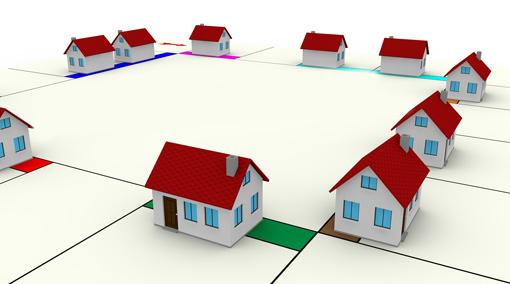
How to Play?
Describing how to play it, Julie-Ann said that, “we recreated the board, but used names relevant to our business such as Allocation Avenue, Redemption Road etc., but kept the normal squares, like ‘Go To Jail’, ‘Community Chest’ etc.
“Each member of the team was given monopoly money at the start of the game and moved around the board by achieving their KPIs, such as Average Speed of Answer, and got £200 fake money each time they passed go.
“At 3.00 each afternoon we opened the Monopoly shop, which contained sweets, drinks and treats that the team could buy with their fake money.
“We played the game for three months, introducing bonuses throughout the months, which included positive customer feedback, assisting internal teams.”
Changing the bonuses and incentives as Julie-Ann’s call centre did is important, as playing the same motivational games for any more than a couple of weeks, without a change in incentives, may cause enthusiasm to drop.
Follow the link for more: Examples of When Contact Centre Incentives Fail
2. Pod Wars
Similar to monopoly, call centres often find success with incentive games that stem from popular board games, and “Pod Wars” is the call centre spin-off from Battleships.
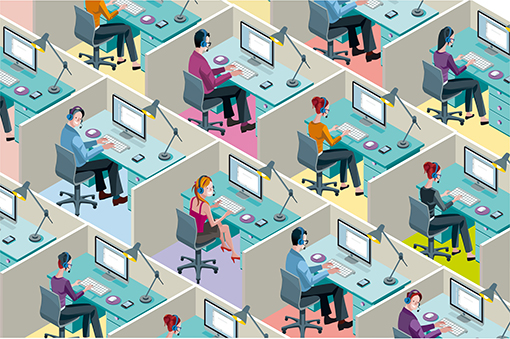
People find it really engaging; it ignites competitiveness, builds comradeship and helps the team to bond.
Ben Dale-Gough, an Operations Director, says this works well in his call centre because “advisors sit at workstations arranged in ‘pods’, with each pod representing a team.
How to Play?
“Like in the game of Battleships, in Pod Wars teams compete against one another and when one agent makes a sale they get to sink the advisor sitting in the same seat on the opposing pod.”
This game has had a positive impact on the atmosphere in Ben’s call centre, as he says: “People find it really engaging; it ignites competitiveness, builds comradeship and helps the team to bond.”
To take advantage of this bond, Ben’s call centre “extends this further by awarding prizes that the whole team can participate in, such as a night out, a spa day or a group lunch.”
For other ideas of awards, read our article: Staff Incentive Schemes That Work
3. Snakes and Ladders
This is a motivational game that we discovered on a site visit to HomeServe’s contact centre in Walsall.
How to Play?
The premise is the same as the traditional board game, but it is up to the advisor to win a throw of the dice.
Advisors can do so if a customer leaves positive feedback on the IVR survey that they are asked to complete once the customer–advisor interaction has concluded.
The survey asks the caller to score the amount of effort it took them to complete their interaction, on a scale of nine, the lowest possible amount of effort, to one, the highest.
If given a nine, the advisor gets to roll the dice and continue to move up or down the board.
The board that HomeServe use in their contact centre is pictured below.
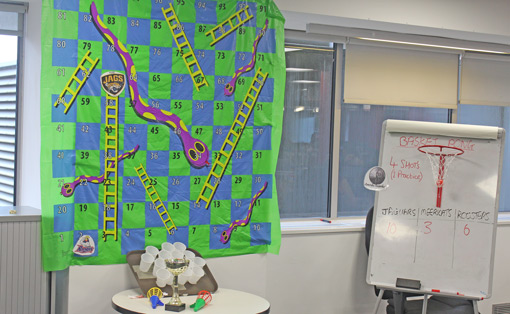
This improves individual motivation, while sparking healthy competition between advisors who are part of the same team.
This is a great example of how motivational games can be used to improve certain metric scores, as in this case HomeServe used Snakes and Ladders as a method of reducing their Customer Effort Score (CES).
To find out how to create a CES, read our article: How to Calculate Customer Effort
4. Knockout
Healthy competition which pits advisors against one another can be good for both motivation and performance. According to Steve, one of our readers, Knockout is the perfect incentive game for doing so.
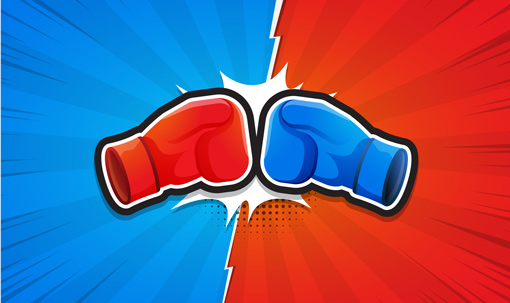
Also, this game doesn’t require great resources, as Steve says: “all you need is a dry marker board.”
advisors prefer shorter games with more (smaller) prizes.
“On the dry marker board draw a grid. The number of boxes needed is based on the size of your crew and how long you want the game to last.”
But, in Steve’s experience, “advisors prefer shorter games with more (smaller) prizes.
How to Play?
“When an advisor makes a sale, they then get to put their initials inside the box. When the boxes are filled, the advisors can then begin to ‘knock out’ one another.
“If an advisor makes a larger sale (we set the amount ahead of time) the rep can ‘lock’ a box and no one can take that box.
“The manager chooses the winning boxes before the game begins and we use cash, smoke breaks, early outs, as well as food for winning prizes.
“You can also make teams of two or three and then Knockout becomes a team game.”
While Steve discussed using this for sales, call centres that work purely in a service environment can instead use instances where an advisor hits a metric target or is spotted doing something great by a team leader or manager. In this case, instead of an advisor ‘locking’ a box for a large sale, this function could be used when he or she receives excellent customer feedback.
5. Balls of Steel
Ben uses Pod Wars at a team level but also likes to reward individual performance, just in case a certain individual damages one team’s performance, and he uses Balls of Steel for this purpose.

we’ve found this game drives individual performance and sales.
How to Play?
Describing this game, Ben says, “At the start of the day, each agent is given five balls, and every time they win a sale they get to take a ball from one of their opponents.
“At the end of the shift the employee with the most balls wins.”
This game doesn’t solely have to be used for sales, though, as in a service environment hitting metric targets, positive customer feedback and a “spotted doing something great” scheme could be an alternative to a sale.
The prize that Ben offers to the winning employee “is always something desirable like a camera or a meal for two at a local restaurant.”
The result? Well, Ben has said that “we’ve found this game drives individual performance and sales.”
6. Call Centre Jenga
This one is a bit more unconventional, but it is often the case that the more creative the call centre gets with these games, the more interest is generated.

Jennifer plays Jenga in her contact centre where advisors make appointments and are given a turn after each appointment is set. But a different function like making a sale or achieving good feedback could be used instead.
The person with the most points at the end of the day wins the prize.
How to Play?
In Jennifer’s call centre, “There are 54 pieces so we numbered each piece 1-54.
“For every appointment set they get to pull a piece and if they successfully stack the piece they get the points that are on the bottom of the Jenga piece.
“We will also double the points on the piece if it is for a same-day or next-day appointment. If they knock down the Jenga tower, then they get 30 points deducted from their score.
“The person with the most points at the end of the day wins the prize.”
7. Chase the Envelope
This game differs from the others as it contains a bit of mystery, which causes intrigue and excitement that can really boost the working atmosphere.
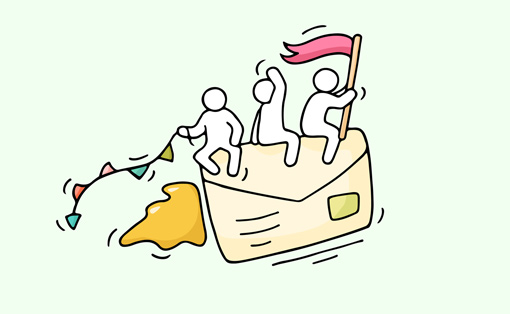
This game was suggested by Hayley, who, in her call centre, starts this game with “three sealed envelopes, each containing a different prize.
“Generally, these prizes will consist of things like a bottle of wine, a lunch or a go home half an hour early pass.
How to Play?
“Every time an advisor gets a sale they claim the envelope from another advisor and, at the end of the day, the person with the envelope gets to open it.”
The purpose of this game, according to Hayley, is to ensure that “performance doesn’t wane towards the end of the day.” So, playing this game is also a good tactic for providing consistent service.
For more examples, read our article: Motivational Games for Employees
8. Hangman
Once again, this is a call centre spin on the classic game and, according to Andrew Wood, Managing Director at Trainer Bubble, it is “a great way to finish a training event on a ‘high’.”
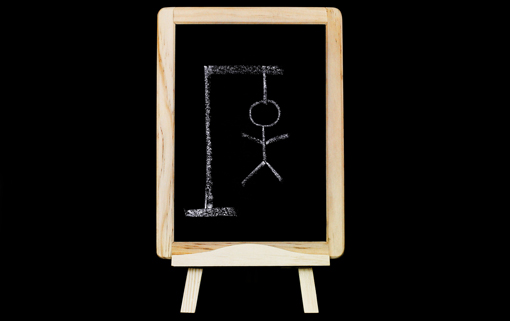
“It is also useful to consolidate learning or to check recall. And one advantage of this game is that the participants need to review the session fully in order to develop questions for the other team, as well as being tested themselves.”
How to Play?
To play, Andrew advises: “Arranging participants into two teams (ideally with four to six players per team) and provide each team with a few sheets of paper and a flip chart and pens.”
Then, “ask each team to develop a series of questions based on the learning throughout the training session. These can be as easy or as difficult as they like.
“However, they must be relevant to the session. They should keep these questions secret from the other team for the time being.
“Once the teams have both completed their questions and written them down on the paper provided, it is time to start the game of hangman.
Each team must take it in turns to pose a question to the other team. If the team get the answer right, then it is their turn to ask a question.
“Each team must take it in turns to pose a question to the other team. If the team get the answer right, then it is their turn to ask a question.
“Should they answer incorrectly, a piece of the hangman is drawn on the flip chart and they are challenged to answer the next question.”
“The game ends when the first hangman is completed and the unfortunate team loses.”
9. The Lone Assassin
Sometimes there is nothing better than a cheesy game to bring new recruits together, and the lone assassin is ideal for these situations.

How to Play?
To play this game, there needs to be a group of at least 20 recruits, but it’s better to have as many people as possible involved, with the game having the potential to last for a few days.
According to Andrew, the game begins with “writing all the participants’ names on a list.
“Each participant has to assassinate the person below them on the list (and will be assassinated by the person above them on the list).
“Provide each participant with a small slip of paper with the name of the person they have to assassinate.
“To assassinate someone, the assassin has to go up to their target and say, ‘Bang, bang, you’re dead’.
“However, if anyone else hears this then the assassin has missed their target and must try again later.”
“If the assassination succeeds, then the target is out of the game and must pass on to their assassin the name of the person they were trying to assassinate. This person becomes that assassin’s new target.
“Eventually, there will be an outright winner. But it is advisable to make an extra rule that nobody can be assassinated during the session times or other times you do not want to be disturbed.
“People who have been assassinated can stay in the game as bodyguards for people still alive.”
10. The Team Bus
This game provides an interesting method of demonstrating and developing the core skills needed for a contact centre team, i.e. communication, listening and building rapport.
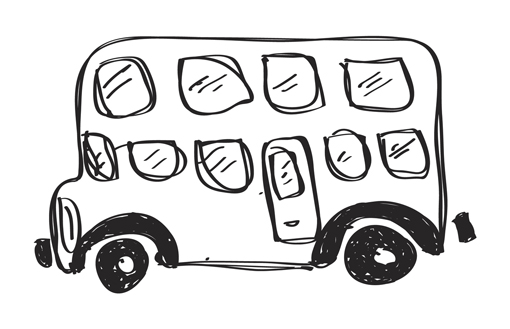
How to Play?
According to Andrew, the first step of this game is to “use flip-chart paper and draw the outline of a bus.”
Then, “instruct the group to add components to the bus and explain what it stands for and how they can relate that to the team. Give one example and then let them go.
“Break teams into groups of four or five and allow 20 minutes for the team to draw the bus and five minutes for each team to present their vehicle.”
To give an example, Andrew suggests “drawing the antennae, so that we have good communication, or the wheels keep us in motion.”
Or recruits could draw: “a rear-view mirror to keep an eye on where we have been, headlights to help us find our way, a trunk to store all our knowledge and tools, the petrol tank to provide energy when we need it, etc.”
11. The Jelly Baby Tree
It is important when training new recruits to encourage discussion, so that future members of the contact centre team can bond and share their questions and concerns.

In this sense, the Jelly Baby Tree can be used to identify participants’ feelings and encourage discussion.
is a useful activity to get feedback on how participants are feeling and to encourage discussion around their emotions..
Andrew says this “is a useful activity to get feedback on how participants are feeling and to encourage discussion around their emotions.”
How to Play?
So, to play, “provide each participant with the Jelly Baby Tree sheet and ask them to colour in the jelly baby that they think best represents them.
“Once they have done this, take it in turns to ask each person to show their coloured-in jelly baby and explain why they chose it.”
Alternatively, “place the picture on a slide and ask participants to point out the jelly baby that represents them and explain the reasons.”
12. Passing Balls
When the training has turned a little flat, motivational games can help to give a quick burst of energy, and this game, according to Tony, one of our readers, is perfect for doing so.
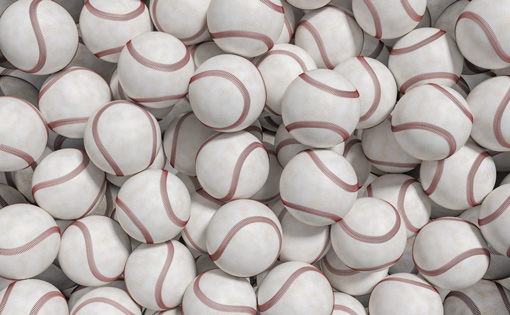
How to Play?
To play, Tony says that you need “eight members of the contact centre team and five stress balls.
“Get the team to form a circle, and then pass one ball to the person opposite them. Each person catches/passes the ball just once, starting and ending with the same person.
“Ask them to remember who they passed to as they will always pass to that same person as the game progresses.
“After two or three with one ball, add the second ball and time how long from start to finish.”
Explaining the rules, Tony says: “Starting and ending with the same person, the balls must pass through each person’s hands in the same order as the first round.
“Add the rest of the balls. As a team, they must get the time down to complete the rotation as fast as possible. Our call centre got down to just over one second.
“The trick is to rearrange themselves to decrease the time to get the balls to travel through each person’s hands and starting and ending with the same person.”
13. Hot Potato
Hot Potato is a great game suggested by one of our readers to inject fun and urgency into the sales process, boosting motivation among agents.
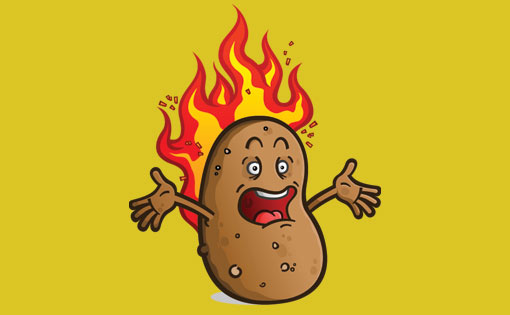
How to Play?
In the Hot Potato sales game, agents compete to win by making sales while holding a “hot potato”. The game begins with a timer set for a short, random interval (e.g., 3-5 minutes).
When an agent makes a sale, they receive the hot potato and must hold onto it until another agent makes a sale. The rep holding the hot potato at the end of the timer wins a cash prize between $5 and $10.
To enhance engagement, consider having multiple rounds, offering bonus prizes, and tracking top performers on a leaderboard.
With thanks to Irma salazar
Looking for More Ideas?
Shohla came up with a great suggestion if you need new ideas – have a contest in the call centre for your reps to come up with a contest/game idea. The employee who has the best idea (and one you will use) wins a prize. This way you will also have other ideas that you can also use down the road.
For more team motivation and contact centre game ideas, look at these articles next:
- Top 20 Motivational Games for the Contact Centre
- Six of the Best Games for Your Contact Centre
- 7 Games to Liven Up the Contact Centre
Author: Jo Robinson
Reviewed by: Megan Jones
Published On: 29th Aug 2017 - Last modified: 10th Feb 2025
Read more about - Call Centre Management, Games, Incentives, Motivation, Staffing










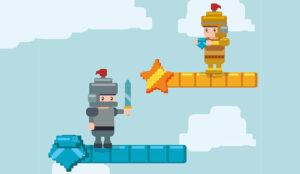








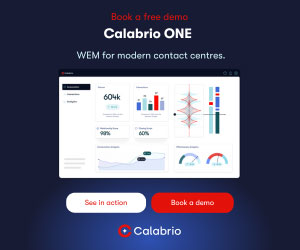
















I just want to thank the site for publishing this and all the very helpful material. It is a great source of information and knowledge to help us call centre managers.
I mostly like the Lone Assassin game. Thank you very much for giving these advices. They will be very helpful for keeping my team motivated.
If you need new ideas – have a contest in the call centre for your reps to come up with a contest/game idea. The employee who has the best idea (and one you will use)wins a prize. This way you will also have other ideas that you can also use down the road.
I particularly like the hangman. While we do recap all the time in Induction training, it is great to use Hangman to create excitement. Will definitely try this
Very informational and exciting I must say, this site has opened up a world that I unfortunately didn’t know existed.